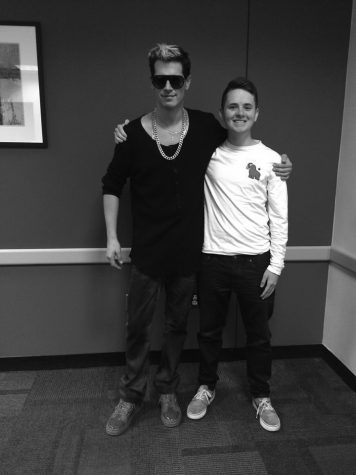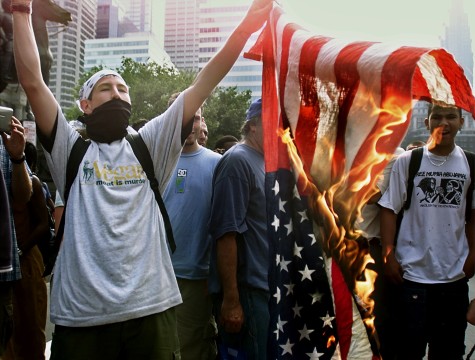Corporate personhood corrupts politics
As presidential campaigns get underway, it seems that, more large corporations decide the fate of America’s biggest elections now more than ever. Several landmark Supreme Court decisions have led to a political climate giving corporations enormous influence.
In Buckley v. Valeo (1976), the Supreme Court ruled that monetary donations to political candidates counted as “speech,” protected by the First Amendment. In Citizens United v. Federal Election Commission (2010), the Supreme Court decided that political donations by corporations could not be restricted because this would restrict their speech, set as precedent in Buckley v. Valeo.
In Burwell v. Hobby Lobby Stores (2014), the Supreme Court ruled that corporations, as a whole, can possess deeply-held religious beliefs in the same way an individual can, essentially declaring corporations to be people with respect to religious exercise.
This trio of decisions has helped dissolve the integrity of the U.S. political system. Corporations have the right to free speech (large monetary donations) and can’t be limited in that speech. The term is called corporate personhood: the idea that corporations have the same legal rights as people. If corporations are people, then why aren’t they extended the full rights of citizens?
If corporations are people, what stops them from exercising a political opinion? Using precedent from Burwell v. Hobby Lobby Stores, one could reasonably argue that corporations should be allowed to exercise a political opinion and ask prospective employees whom they voted for in 2012. You can’t do that.
What about equal protection of the laws as specified in the 14th Amendment? Well, what about equal protection of the law for the female employees who worked for Hobby Lobby stores and were denied certain types of contraception mandated under the Affordable Care Act (2010)? The government does not violate the Establishment Clause of the First Amendment in requiring a corporation to provide contraception because a for-profit corporation’s purpose is to produce a profit, not to further a religious idea.
Corporate personhood, by its very nature, can only be applied selectively. Corporations can only be awarded some rights. The Buckley, Citizens United and Burwell decisions have corrupted the political process by stating that corporations have many of the same rights as people. Unlimited free speech in the form of money from corporations limits free speech of the people because the voices of the people are easily drowned out, as it’s much more convenient to receive a check than to listen to a citizen in need.




